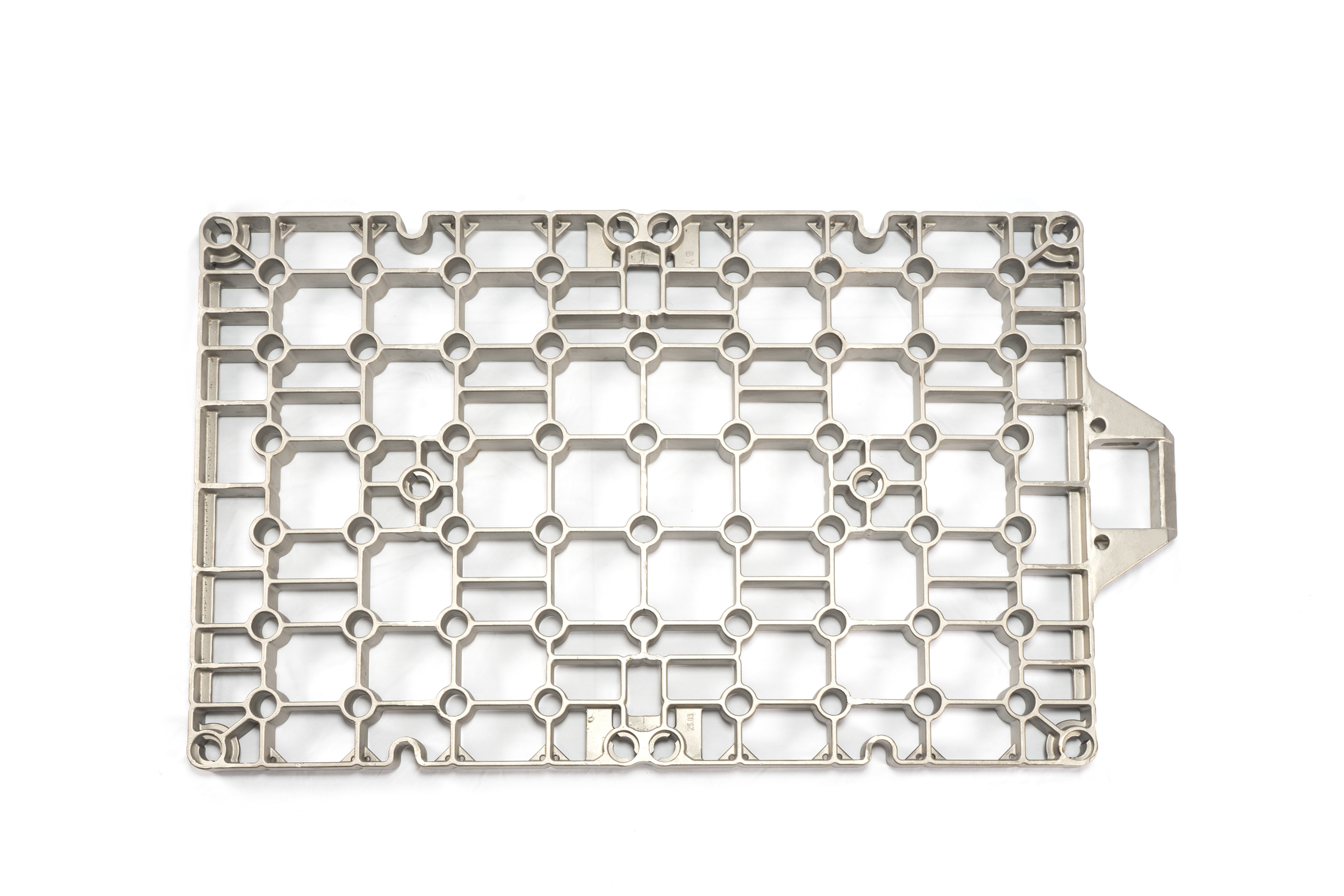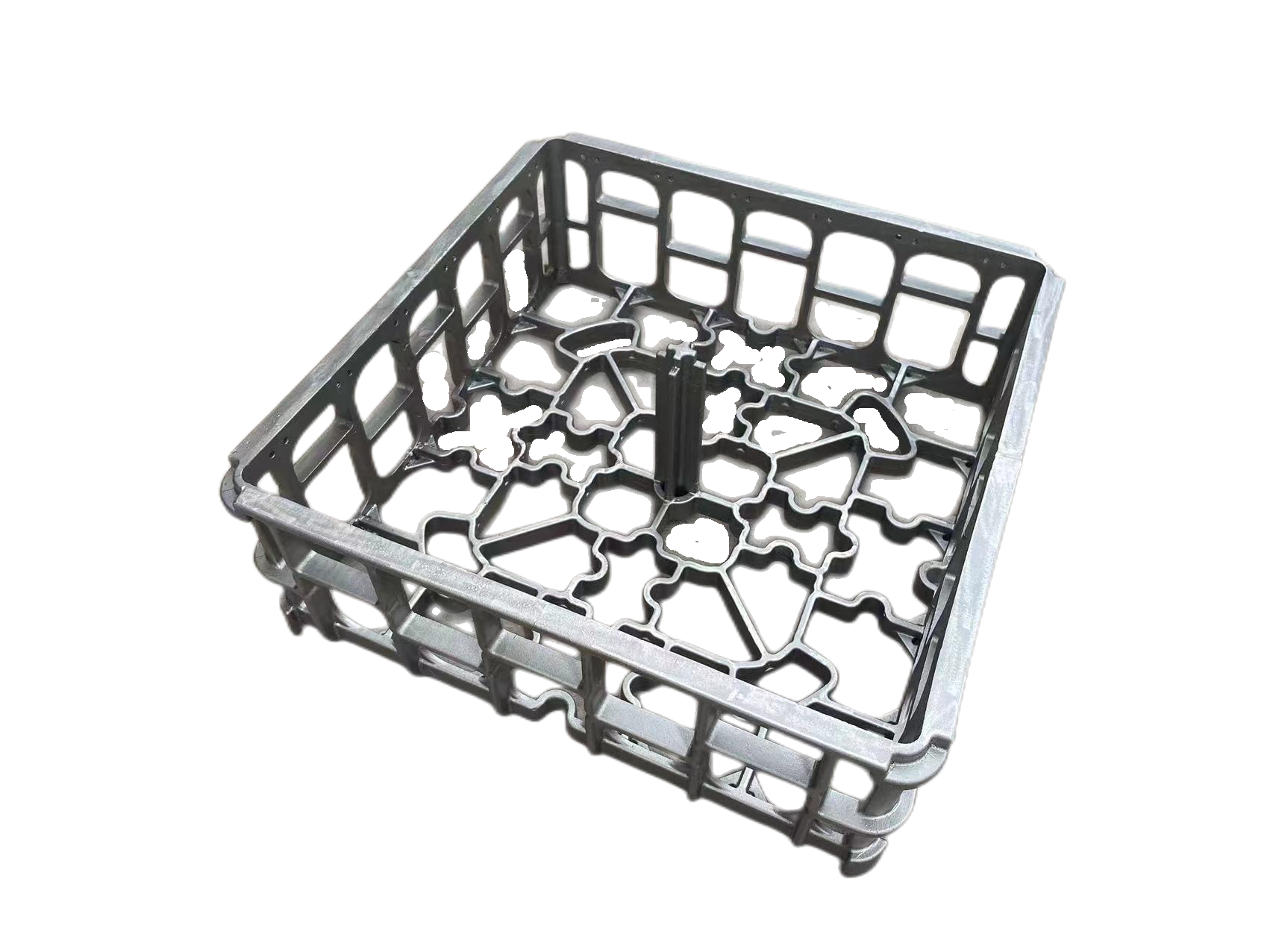continuously cast steel
Continuously cast steel represents a revolutionary advancement in steel manufacturing, offering a seamless production process that transforms liquid steel into solid form through an uninterrupted operation. This innovative method involves pouring molten steel into a water-cooled copper mold, where it begins to solidify from the outside inward. The partially solidified steel is then drawn downward at a controlled rate, maintaining consistent quality throughout the entire length of the product. The process ensures superior metallurgical properties, including uniform chemical composition and enhanced structural integrity. The technology employs sophisticated control systems that monitor and adjust various parameters such as casting speed, cooling rate, and metal flow, resulting in products with minimal defects and optimal mechanical properties. This method has largely replaced traditional ingot casting in modern steel production, offering significantly improved yield rates and reduced energy consumption. The versatility of continuously cast steel makes it ideal for various applications across industries, from construction and automotive to energy and infrastructure development. The process can produce different formats including slabs, blooms, and billets, each serving specific end-use requirements while maintaining high quality standards and dimensional accuracy.

